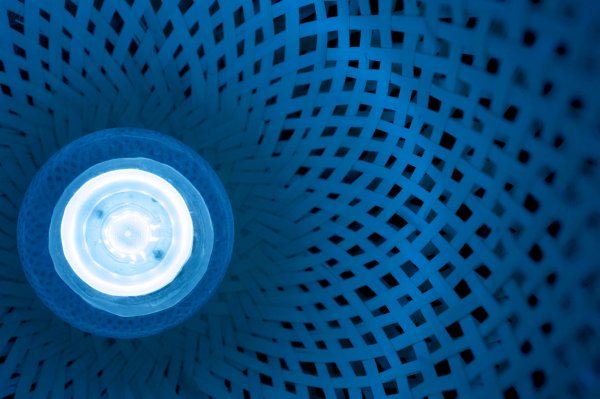EC go-ahead for ban on some halogen lamps
Written by Mark Sait
Posted on October 7, 2015
The European Commission has ruled that phase out of some types of halogen lamp will go ahead to focus on energy saving.

The ruling comes at a time when many policies to reduce energy consumption and carbon emissions are being rolled back across Europe. However, the decision to bring in a ban on directional mains lighting halogen bulbs is being questioned by many in the sector.
The EC ruling will kick in from next September so in less than a year these directional halogen models will no longer be sold.
The decision underlines the benefits of switching to LED lighting, not only to reduce carbon emissions but also to cut energy bills.
Energy savings
Replacing traditional bulbs and halogens with quality LEDs will guarantee energy savings of up to 85%, not just for one year but for a decade or more with the technology’s exceptionally long life. Find out more about LED lighting options here.
The Commission believes that all four criteria for the directive (EC 1194/2012) – affordability, performance, compatibility and match with existing models – have been met.
While that is good news in terms of the potential for cutting CO2 emissions through much-reduced energy use, the trade association for many European lighting manufacturers has criticised the decision.
LightingEurope had argued for a delay in the introduction of the ban to allow for further development of lighting technologies.
LED lighting
We think that the move will greatly benefit consumers in both business and at home, encouraging the adoption of low-energy lighting, which by default now is LED. We’ve been amazed by the speed at which this LED lighting technology has matured, as have others in the lighting industry.
The quality and breadth of the models on offer now are at a level many expected to be achieved five or ten years from now. Buyers must beware, though. There are still far too many very low quality LEDs on the market that, while very cheap, provide bad light and high failure rate.
The EC has already pushed back by two years the timing for introduction of a more general ban on sale of non-directional class D halogen light bulbs that it agreed more than five years ago. Even so, it believes that the phase out beginning in September 2018 will reduce carbon emissions by 15.2 tonnes up to 2025.
The benefits of LED lighting also go beyond cutting carbon footprint and mean that there has never been a better time to invest in these low-energy replacements.
By investing in a quality LED light now – from GU10s, MR16s and bulbs to LED panels and tubes – businesses, organisations and households can be sure that the outlay will be repaid many times over.